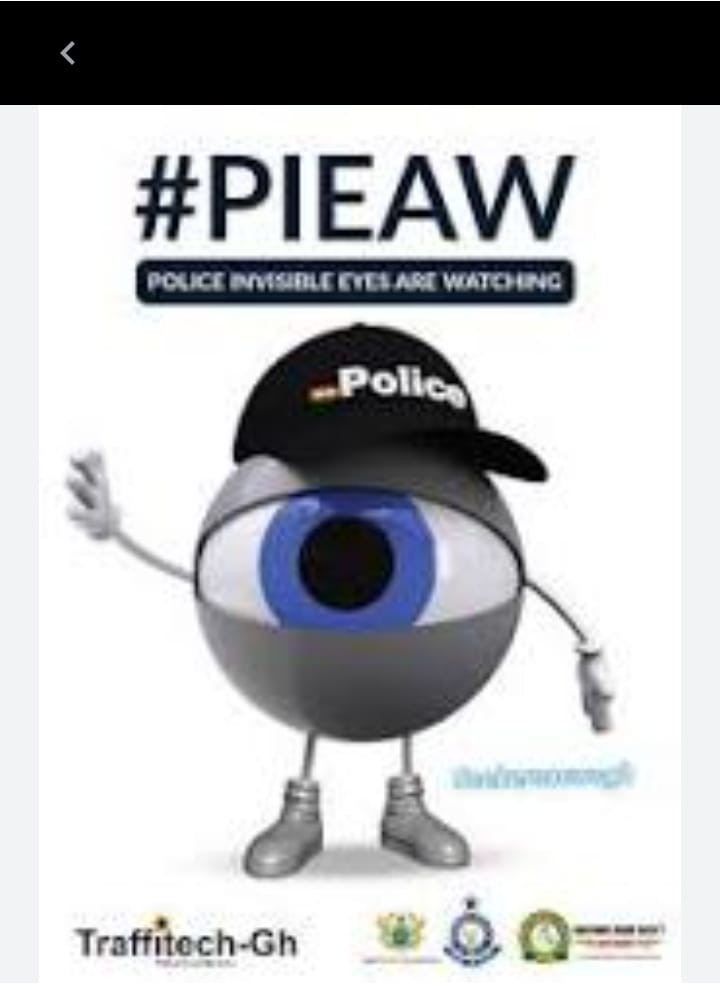By Muyid Deen Suleman
Kumasi, Aug. 28, GNA – The Ashanti Regional Police Command in its desire to ensure road safety compliance in the region, has introduced a new traffic management technology, as part of efforts to enforce road laws and regulations.
The Traffictect- Ghana, system uses cameras and sensors to take screenshot or videos of vehicles that flout traffic laws and regulations such as over-speeding and jumping of red lights at intersections.
The technology, which has been introduced under theme, “Police Invisible Eyes Are Watching” (PIEAW) project, also seeks to ensure compliance and cooperation at the same time, while increasing the rate of detecting road traffic offenses.
Additionally, offending drivers will no longer have to be stopped by the police on the highway since penalties and payment instructions would be sent to them via SMS messages.
Deputy Commissioner of Police, Mr Isaac Ken Yeboah, Ashanti Regional Police Commander in an address read for him at the launch of the project in Kumasi, said maintaining social order and protecting law abiding citizens were important in building public trust in the Ghana Police Service.
He said the Traffictect-Ghana technology would deploy fixed mobile and radar gun devices to capture speeding vehicles and those who jumped road traffic lights.
DCOP Yeboah said countries such as South Africa, Morocco, France, Australia, Norway, and others have succeeded in implementing the initiative and that Ghana could equally succeed in its implementation.
He hinted that other traffic offences such as the use of expired road worthy certificates, wrongful overtaking, nonuse of seatbelts, use of mobile phones while driving, use of expired driving license, driving of uninsured vehicle, abuse of siren among others, would also be enforced under traffictect – Ghana technology.

Chief Superintendent, Alexander Obeng of the Ashanti Regional Police MTTD, who demonstrated the work of the new technology, noted that, the intervention of PIEAW would help reduce the perceived corruption amongst motorists and law enforcement officers.
It would also help eliminate interference and enhance speedy processing of evidence gathering and prosecution of offenders.
GNA